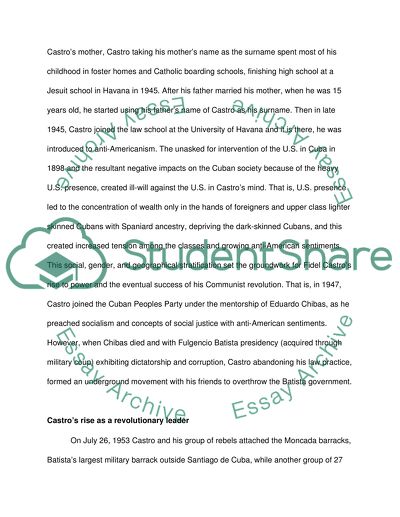RESEARCH PAPER Example | Topics and Well Written Essays - 1000 words - 1. Retrieved from https://studentshare.org/miscellaneous/1574595-research-paper
RESEARCH PAPER Example | Topics and Well Written Essays - 1000 Words - 1. https://studentshare.org/miscellaneous/1574595-research-paper.


